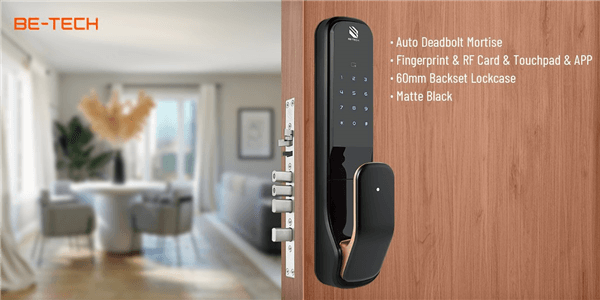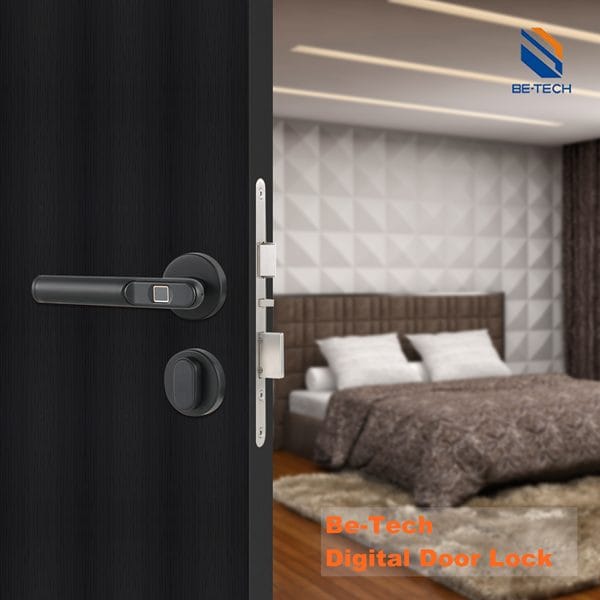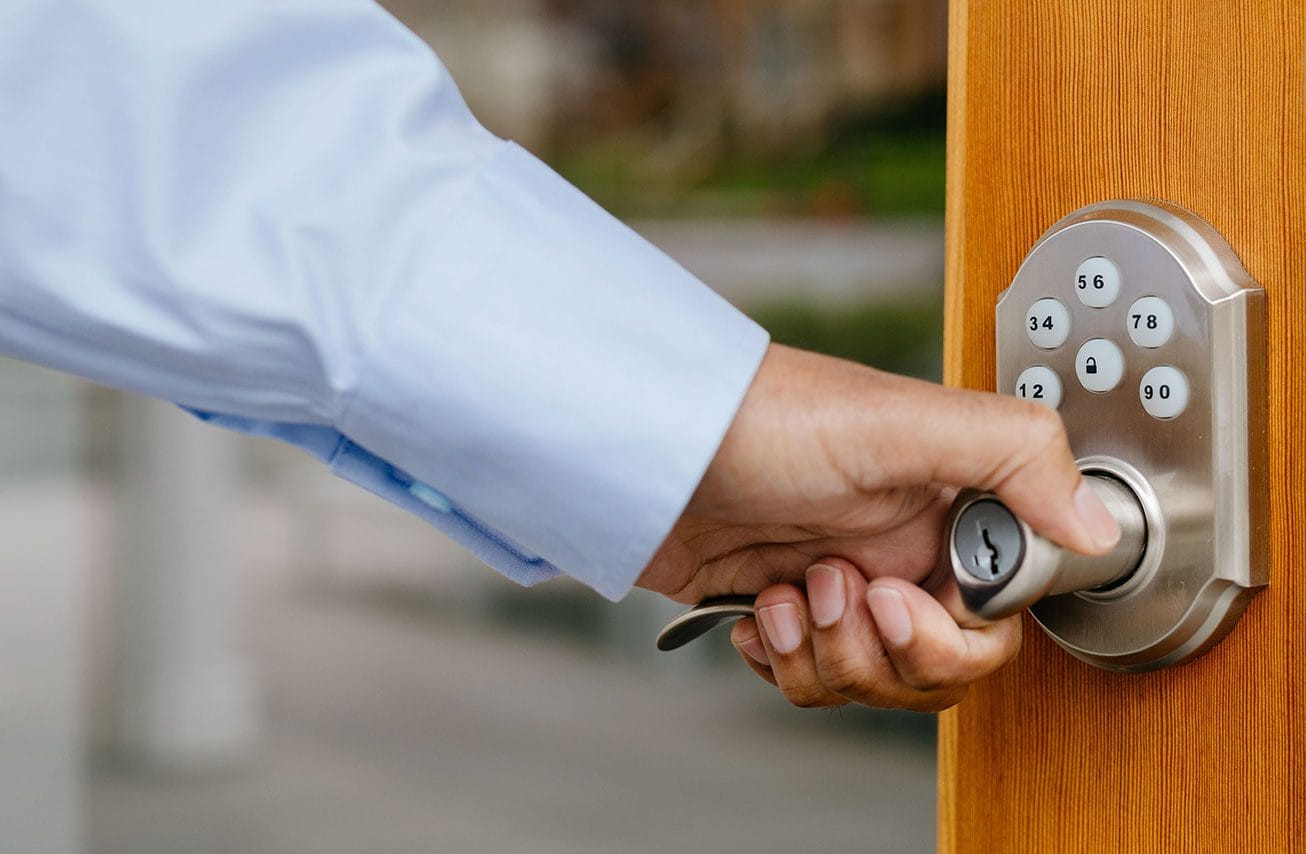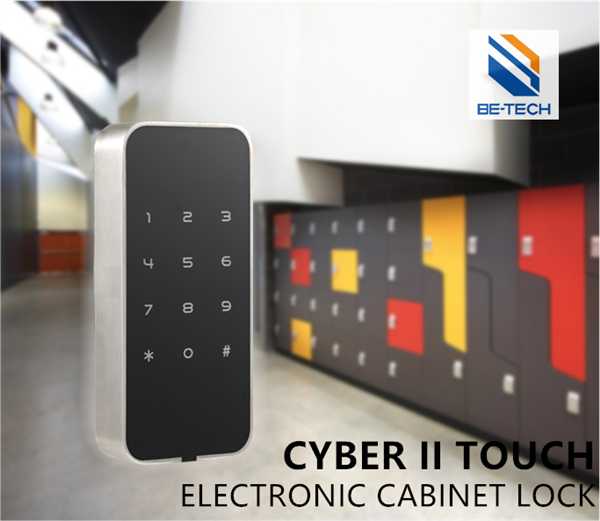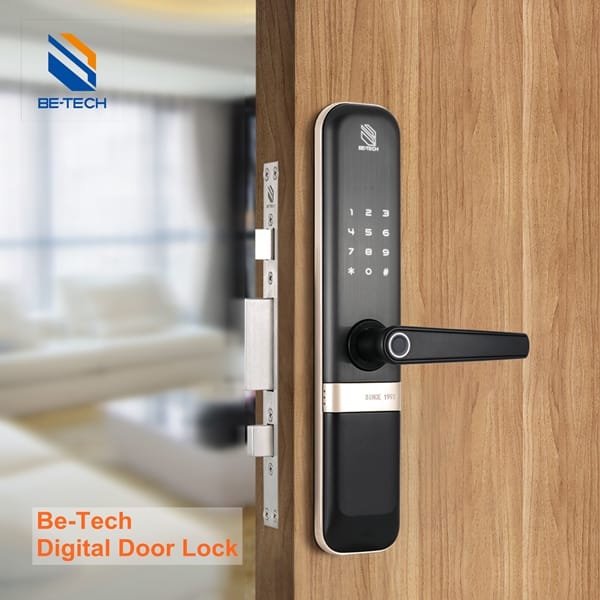In today’s hospitality landscape, security and guest convenience are paramount. Remote access control systems are revolutionizing hotel security by allowing seamless access management through advanced technology. These systems not only enhance safety but also streamline operations, making them a vital investment for hotels looking to improve their guest experience and operational efficiency.
Understanding Remote Access Control Systems
Remote access control systems utilize electronic locks and mobile applications to manage access to hotel rooms and facilities. Unlike traditional key systems, these modern solutions provide hotels with the ability to grant or revoke access remotely, enhancing security and convenience for both guests and staff.
Key Features of Remote Access Control Systems
- Keyless Entry: Guests can unlock their rooms using smartphones or key cards, eliminating the hassle of lost keys.
- Real-Time Monitoring: Hotel management can track access logs and respond quickly to unauthorized attempts.
- Remote Management: Staff can manage access permissions from anywhere, making it easier to handle guest requests and security concerns.
The Benefits of Implementing Remote Access Control Systems
Enhanced Security
Remote access control systems significantly improve hotel security. By using electronic locks that can be disabled remotely, hotels can mitigate risks associated with lost or stolen keys. According to a 2023 study by the American Hotel and Lodging Association, hotels that adopted electronic locking systems saw a 40% reduction in unauthorized access incidents.
Improved Guest Experience
In an age where convenience is key, remote access systems cater to the modern traveler’s needs. Guests appreciate the ability to check in digitally and access their rooms without waiting at the front desk. This streamlined process not only enhances satisfaction but also sets a positive tone for their stay.
Operational Efficiency
Implementing remote access control systems can lead to significant operational savings. Hotels can reduce costs associated with key management and improve staff efficiency. A case study from a luxury hotel chain revealed that after adopting a remote access system, they experienced a 25% decrease in labor costs related to security management.
Advanced Security Features
Biometric Authentication
Biometric authentication, such as fingerprint or facial recognition, adds an extra layer of security. These technologies ensure that only authorized individuals can access rooms, significantly reducing the risk of unauthorized entry.
Integration with Hotel Management Systems
Remote access control systems can seamlessly integrate with existing hotel management software. This integration allows for better coordination between guest services and security operations, ensuring that staff can respond promptly to any issues.
Cybersecurity Measures
As hotels increasingly rely on digital systems, cybersecurity becomes crucial. Remote access control systems often come with built-in encryption and security protocols to protect guest data and prevent hacking attempts.
Case Studies: Success Stories in Hotel Security
The Transformation of XYZ Hotel
XYZ Hotel, a renowned establishment, implemented a remote access control system as part of their commitment to guest safety. Following the installation, they reported a 30% decrease in security incidents, leading to increased guest loyalty and positive reviews. The hotel’s management noted that the ability to monitor access in real-time allowed them to respond swiftly to potential threats.
Green Haven Resort’s Eco-Friendly Initiative
Green Haven Resort integrated smart door locks as part of their sustainability efforts. By utilizing energy-efficient features, the resort achieved a 15% reduction in energy consumption within a year. This not only enhanced their security but also aligned with their eco-friendly values, attracting environmentally conscious travelers.
What are the main advantages of remote access control systems?
Are remote access control systems secure against hacking?
How can hotels integrate remote access systems with existing operations?
Conclusion
As the hospitality industry evolves, investing in remote access control systems is essential for hotels aiming to enhance security and improve guest experiences. These systems not only provide peace of mind for guests but also streamline operations, making them a smart choice for modern hotels.
For hotels looking to stay ahead of the curve, embracing this technology is not just an option; it’s a necessity. By implementing advanced security solutions, hotels can ensure a safer, more convenient environment for their guests, ultimately leading to increased satisfaction and loyalty.
For more information on hotel security solutions, check out our guides on keyless hotel door locks and best hotel door lock suppliers. If you have any questions or need assistance, feel free to contact us.


